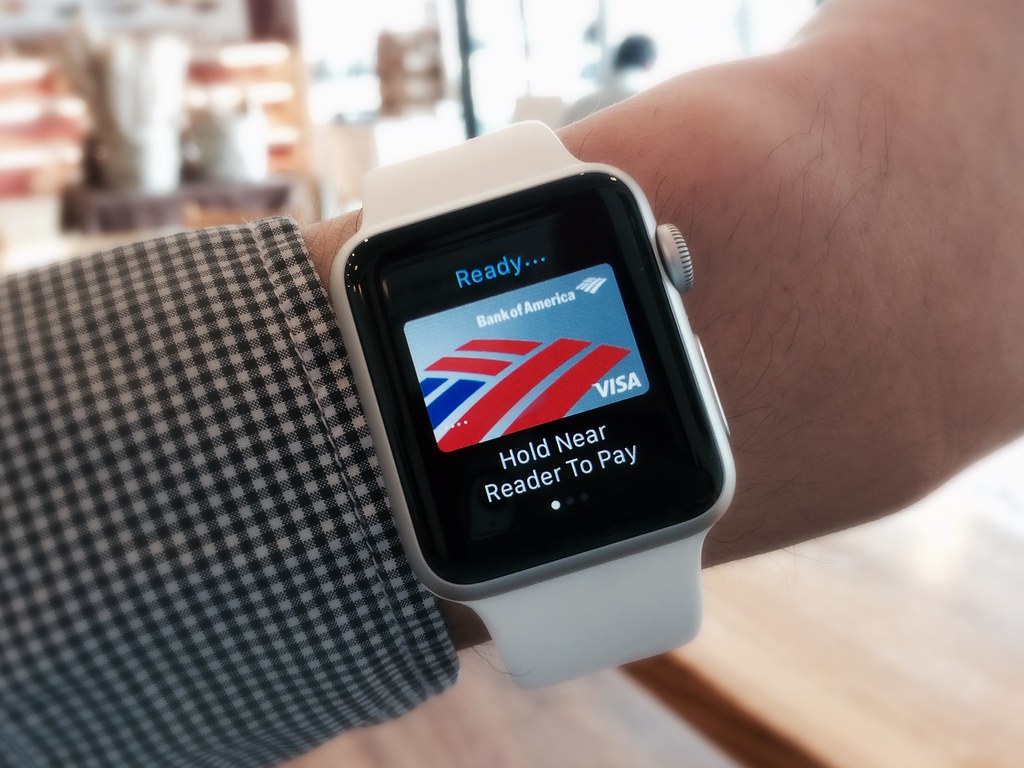
The Pros and Cons of Fast Food: What You Need to Know
Exploring the Benefits and Drawbacks of Fast Food
Fast food has become a significant part of modern culture, offering quick and convenient meals for people on the go. While it satisfies cravings and fits busy schedules, it also comes with its share of advantages and disadvantages. In this article, we'll explore the benefits and drawbacks of fast food consumption, helping you make informed choices about your dietary habits.
From drive-thrus to delivery services, fast food establishments have revolutionized the way people eat. However, the widespread availability and affordability of fast food have sparked debates about its impact on health and lifestyle. Let's delve into the pros and cons of fast food to gain a comprehensive understanding of its effects.
Pros
Despite the negative reputation, fast food offers several unexpected advantages that appeal to many consumers. Let's take a closer look at the surprising benefits of indulging in fast food.
Missing a pro?
Cons
While fast food offers convenience and instant gratification, it also carries several notable drawbacks that warrant attention. Let's explore the dark side of fast food consumption and its potential impact on health and lifestyle.
Missing a con?
Conclusion
As we've examined both the advantages and disadvantages of fast food, it's evident that while it offers convenience and variety, it also poses significant health and environmental concerns. Making informed choices about fast food consumption can help individuals strike a balance and minimize potential negative impacts on their well-being and the environment.
What do you think?
Do you think the pros outweigh the cons?






